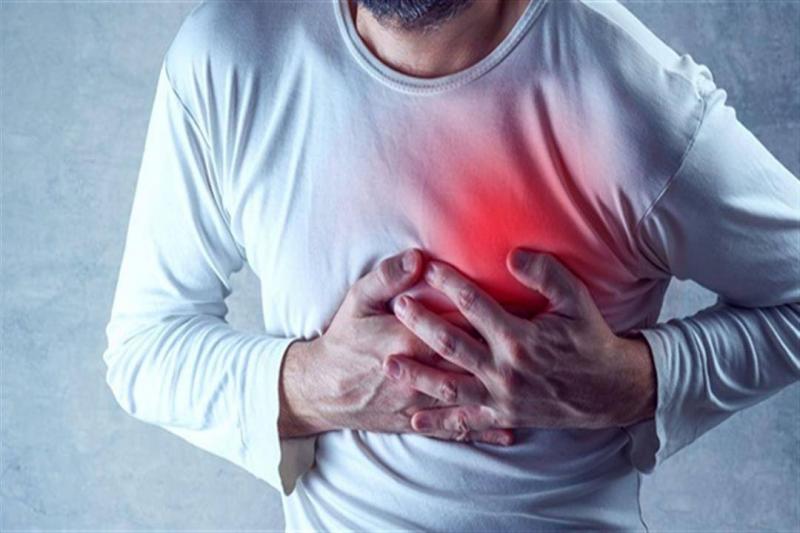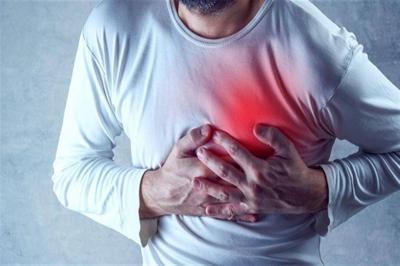In a recurring scene in recent years, a football player collapses in the middle of the field, a young person falls in the gym, or news is broadcast about the early death of a celebrity with no previous history of critical health issues or chronic illness, later diagnosed as sudden cardiac arrest. Such cases can be managed and lives saved if treatment and intervention occur in the first minutes, using what is medically known as "defibrillators."
In light of the importance of these devices and their ability to save many citizens' lives, the Egyptian Ministry of Health announced on Wednesday a plan aimed at distributing defibrillators in public places to address the risk of sudden cardiac arrest.
Hossam Abdel Ghaffar, the official spokesperson for the Egyptian Ministry of Health, explained that the proposal to install defibrillators will proceed in three phases based on priority. The plan first targets arrival and departure halls in airports, train and metro stations, large mosques and churches, fire and police vehicles, tourist attractions, historical sites, and hotels.
Abdel Ghaffar noted that sudden cardiac arrest often occurs when an electrical disturbance in the heart leads to dangerously rapid heartbeats known as ventricular tachycardia or due to the presence of rapid, irregular heartbeats (ventricular fibrillation). He added that irregular heartbeats prevent the heart from effectively pumping blood, leading to cardiac arrest, with death occurring if this condition lasts more than a few minutes.
The spokesperson emphasized that the chances of saving a person experiencing sudden cardiac arrest increase by 90% if a defibrillator is used within the first minute, decreasing by 10% for each additional minute without intervention.
It is worth mentioning that sudden cardiac arrest accounts for about 14% of annual deaths in Egypt, while out-of-hospital cardiac arrest fatalities in the United States reach 360,000 cases annually.




